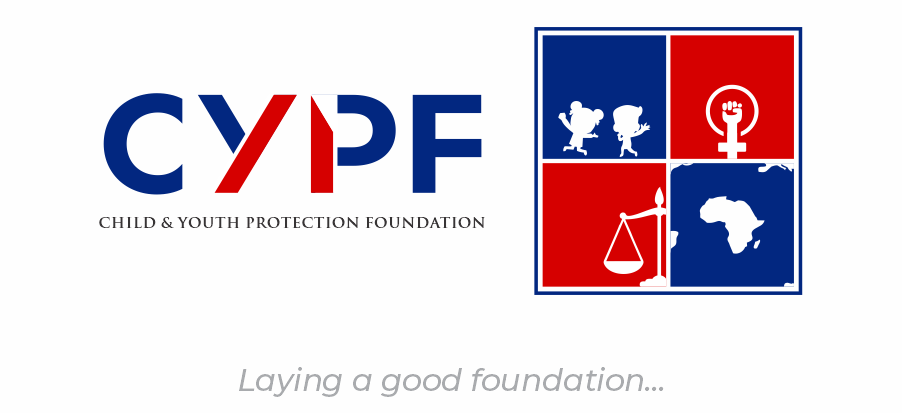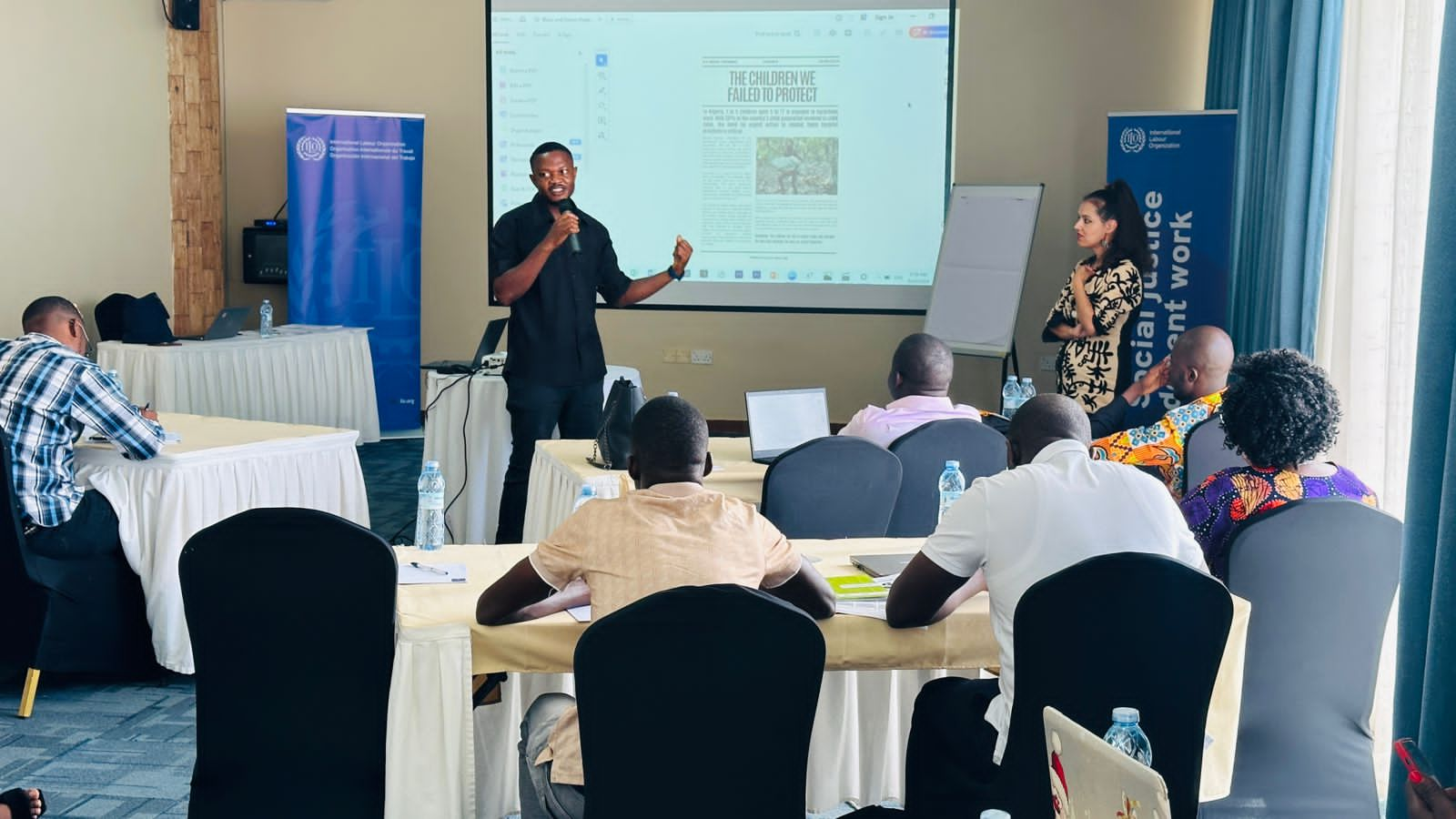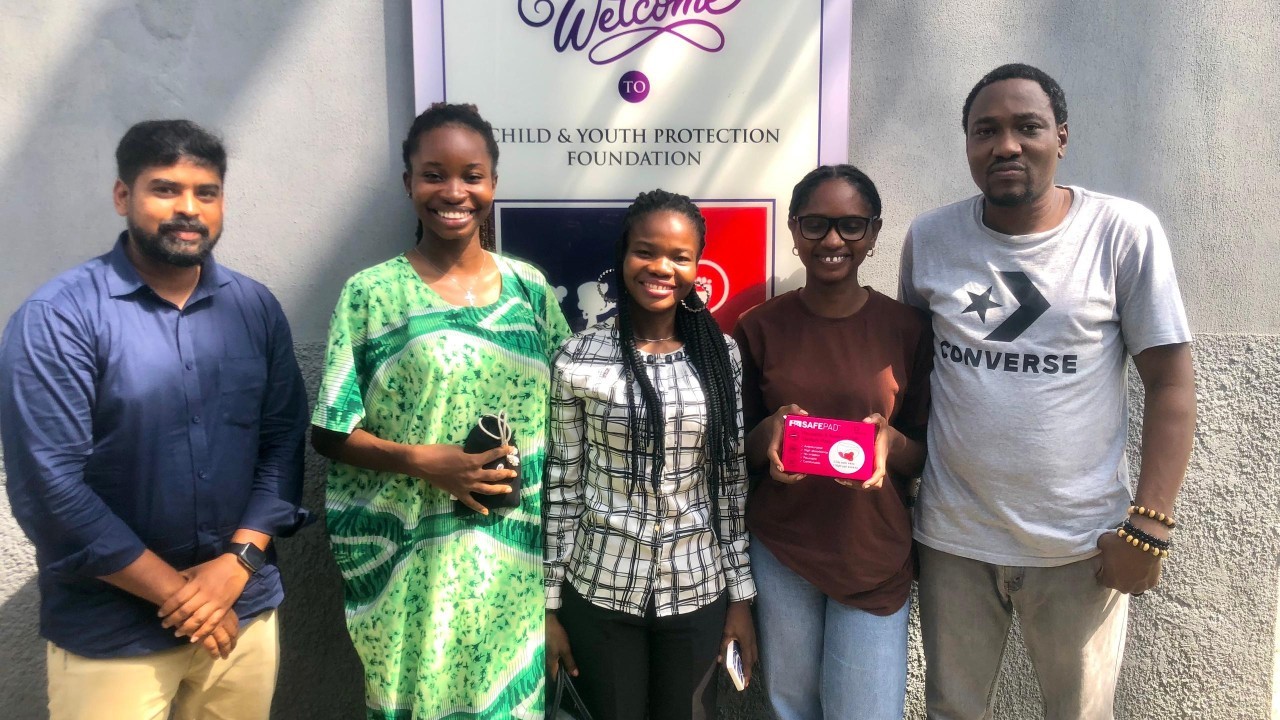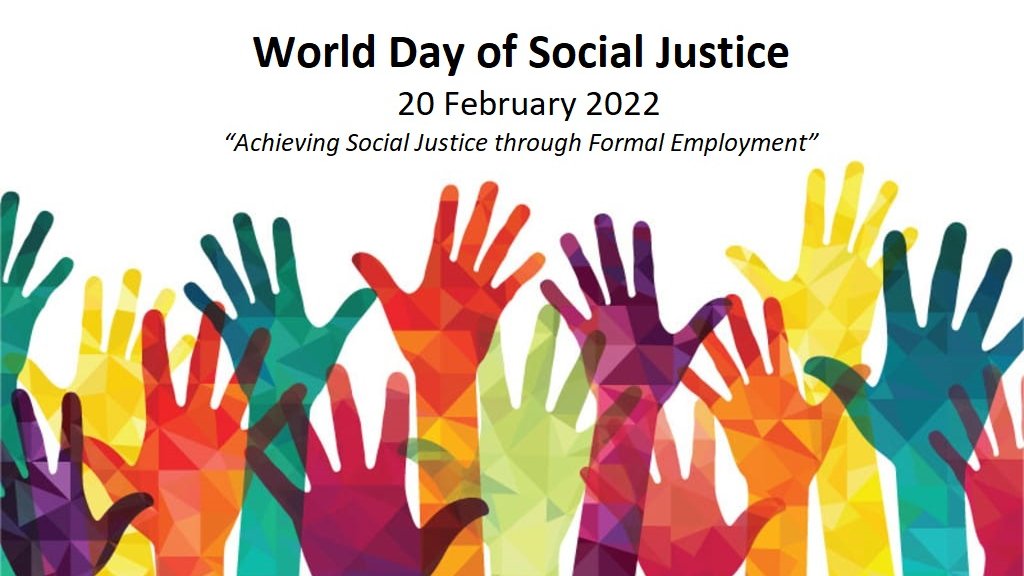Menstruation is a natural biological process, yet for millions of girls and women in Nigeria, it remains a monthly ordeal shrouded in challenges, silence, and preventable indignity. At the Child & Youth Protection Foundation (CYPF), we believe in empowering every child, and that includes ensuring their fundamental right to dignified menstrual hygiene management.
The vibrant energy seen in our communities, as depicted in the accompanying images, underscores the potential within our young generation. However, to truly unlock this potential, we must confront the realities that hinder their well-being. Here are 5 critical facts about menstrual hygiene in Nigeria that demand our urgent attention and collective action:
Fact 1: The Staggering Reality of Period Poverty
In Nigeria, a significant portion of our female population faces what is known as “period poverty.” An estimated 37 million women and girls lack access to or cannot afford essential menstrual hygiene products. The skyrocketing cost of sanitary pads, which has more than tripled in recent years, has pushed these vital products out of reach for millions, forcing many to resort to unhygienic and unsafe alternatives like rags or newspapers.
Fact 2: A Barrier to Education: Girls Missing School
Period poverty and inadequate facilities are direct drivers of school absenteeism among girls. Studies indicate that one in ten girls in sub-Saharan Africa misses school due to menstruation, with some missing up to 20% of their academic year. This consistent disruption leads to academic setbacks, impacts their learning outcomes, and significantly increases their risk of dropping out, thereby limiting their future opportunities and perpetuating cycles of disadvantage.
Fact 3: The Critical Gap in WASH Facilities and Privacy
Effective menstrual hygiene management (MHM) is impossible without adequate Water, Sanitation, and Hygiene (WASH) facilities and privacy. Across Nigeria, many schools and public spaces lack proper, gender-segregated toilets, clean water, and private changing rooms. Approximately 25% of Nigerian women do not have adequate privacy to manage their menstruation with dignity, leading to discomfort, shame, and unhygienic practices.
Fact 4: The Enduring Burden of Stigma and Misinformation
Menstruation in Nigeria is still heavily stigmatized, surrounded by deep-seated myths, taboos, and a lack of accurate information. This societal silence fosters shame, confusion, and fear among adolescent girls, preventing open discussion and healthy practices. Misconceptions often lead to restrictive beliefs (e.g., not cooking, avoiding certain interactions) that isolate menstruating individuals and compromise their social and mental well-being.
Fact 5: Unhygienic Practices Lead to Serious Health Risks
When access to affordable products, clean water, and privacy is limited, girls and women often resort to unhygienic methods to manage their periods. The use of unsanitary materials, infrequent changes, and lack of proper washing can lead to severe health consequences, including a heightened risk of reproductive tract infections (RTIs) and urinary tract infections (UTIs), which can have long-term implications for their health and fertility.
These facts paint a clear picture: menstrual hygiene is not merely a women’s issue; it is a public health crisis, an educational barrier, and a fundamental human rights challenge that affects national development.
At CYPF, we are dedicated to breaking the silence, dispelling myths, improving access to resources, and advocating for policies that prioritize menstrual health and hygiene for all Nigerian girls and women. We believe that by addressing these critical facts, we can empower our future generations to lead healthy, dignified, and productive lives.
Join us in our mission to ensure menstrual equity for every Nigerian girl and woman. What steps can your organization or community take to support this vital cause? Share your insights below.
Jedidiah Osoba



